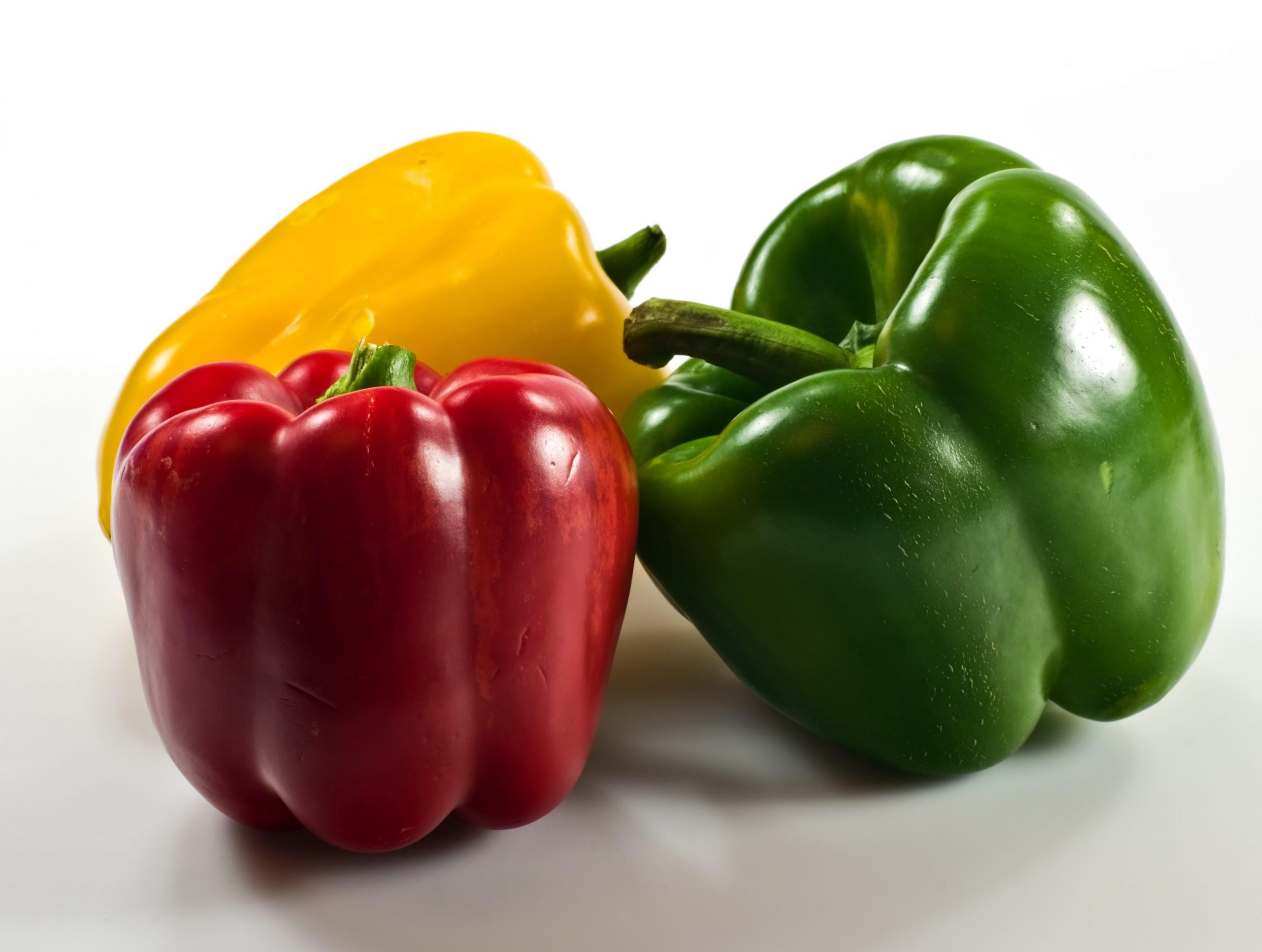Best Fertilizers for Peppers: Increase Development and Flavor Naturally
Best Fertilizers for Peppers: Increase Development and Flavor Naturally
Blog Article
The Ultimate Guide to Feeding Peppers: Enhancing Growth and Taste Naturally
As pepper lovers seek to cultivate robust plants generating delicious fruits, the function of fertilization comes to be paramount in achieving these goals. By exploring the benefits of natural fertilizers, opening the secrets behind pepper plant nutrient requires, and delving into the world of organic fertilizer options, a world of opportunities arises for enhancing the vitality and flavor account of these cherished plants.
Advantages of Natural Plant Foods
Natural fertilizers offer an array of advantages that contribute to the total health and efficiency of pepper plants. By enriching the soil with organic issue, such as compost or manure, all-natural fertilizers enhance its water retention ability and nutrient-holding capabilities, developing an extra welcoming environment for pepper plants to prosper in.
Furthermore, natural plant foods support a energetic and varied dirt microbiome, cultivating useful microbial task that helps in nutrient recycling and uptake by the plants. This microbial activity can help suppress dangerous virus and conditions, lowering the requirement for chemical interventions. Additionally, all-natural plant foods advertise lasting soil health and wellness by keeping a balanced ecosystem underground, which subsequently supports the overall wellness and strength of pepper plants over ground.
Recognizing Pepper Plant Nutrient Demands
Having established the benefits of natural plant foods in boosting soil health and promoting microbial task, the focus now moves to understanding the particular nutrient needs crucial for optimum development and flavor in pepper plants.

Understanding the particular nutrient requirements of pepper plants is vital for achieving plentiful harvests with superb flavor. By supplying the appropriate balance of nutrients with natural plant foods or soil changes, farmers can make sure healthy, energetic plants that produce flavorful peppers throughout the expanding period.
Organic Plant Food Options for Peppers
In boosting the growth and taste of pepper plants, selecting the proper organic fertilizers is an important consideration. Organic plant foods offer a lasting and natural means to nourish pepper plants without introducing damaging chemicals to the soil and setting.
One more effective organic fertilizer for peppers is aged manure. Rich in phosphorus, nitrogen, and potassium, aged manure supplies a well balanced nutrient mix that supports energetic growth and plentiful fruit manufacturing (best fertilizers for peppers). It is necessary to make use of well-aged manure to stop melting the plants with excess ammonia
Fish emulsion is a fast-acting natural plant food that supplies pepper plants with a fast boost of nutrients. Obtained from fish waste, this fertilizer is high in nitrogen, making it particularly advantageous throughout the onset of pepper plant development. Fish emulsion is easy to use and is conveniently taken in by the plants, advertising healthy and balanced foliage and strong origin growth.
When click here now choosing an organic fertilizer for peppers, think about the specific nutrient demands of your plants and decide for alternatives that line up with your horticulture methods and worths.
Ideal Practices for Fertilizing Pepper Plants
Thinking about the importance of picking ideal organic plant foods for pepper plants, implementing finest practices for fertilizing is important to guarantee optimum development and flavor development. One of the crucial best methods for feeding pepper plants is to conduct a soil examination before applying any kind of fertilizers. This examination will aid identify the details nutrient needs of the dirt and guide you in selecting the best kind and amount of fertilizer. It is likewise important to fertilize pepper plants at the correct time, commonly before planting and during essential growth phases such as blooming and fruit growth.
One more crucial method is to stay clear of over-fertilization, as this can lead to nutrient discrepancies, stunted development, and even plant damage (best fertilizers for peppers). Adhering to advised dosage instructions and not exceeding them is crucial for the general health and wellness of the pepper plants. In addition, incorporating natural matter into the dirt with compost or mulching can aid boost dirt structure, look at this now water retention, and vitamins and mineral availability, promoting healthier pepper plants with improved taste profiles. By sticking to these ideal methods, you can effectively nourish your pepper plants and accomplish plentiful harvests with superior preference and quality.
Troubleshooting Common Fertilizing Issues

pH inequality is an additional concern that can affect nutrient uptake in pepper plants. Establishing a routine fertilization schedule and complying with recommended application prices can help stop this problem and ensure healthy pepper plants throughout the growing period.
Conclusion
By comprehending the nutrient needs of pepper plants and selecting organic plant food choices, gardeners can efficiently promote vigorous and healthy and balanced growth. Complying with finest techniques for feeding pepper plants and fixing usual fertilization issues can help make sure effective cultivation of peppers.
By checking out the advantages of all-natural fertilizers, unlocking the tricks behind pepper plant nutrient needs, and diving right into the world of natural fertilizer choices, a world of opportunities emerges for enhancing the vitality and flavor account of these precious plants.Fish emulsion is a fast-acting organic fertilizer that supplies pepper plants with a quick increase of nutrients. It is likewise important to feed pepper plants at the appropriate time, usually prior to planting and throughout crucial development stages such as blooming and fruit development.
By comprehending the nutrient needs of pepper plants and picking natural plant food choices, gardeners can properly promote strenuous and healthy and balanced development. Complying with finest practices for fertilizing pepper plants and repairing typical fertilization concerns can aid make sure successful growing of peppers.
Report this page